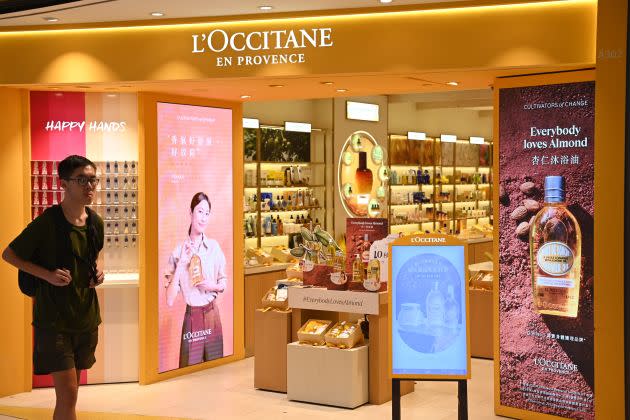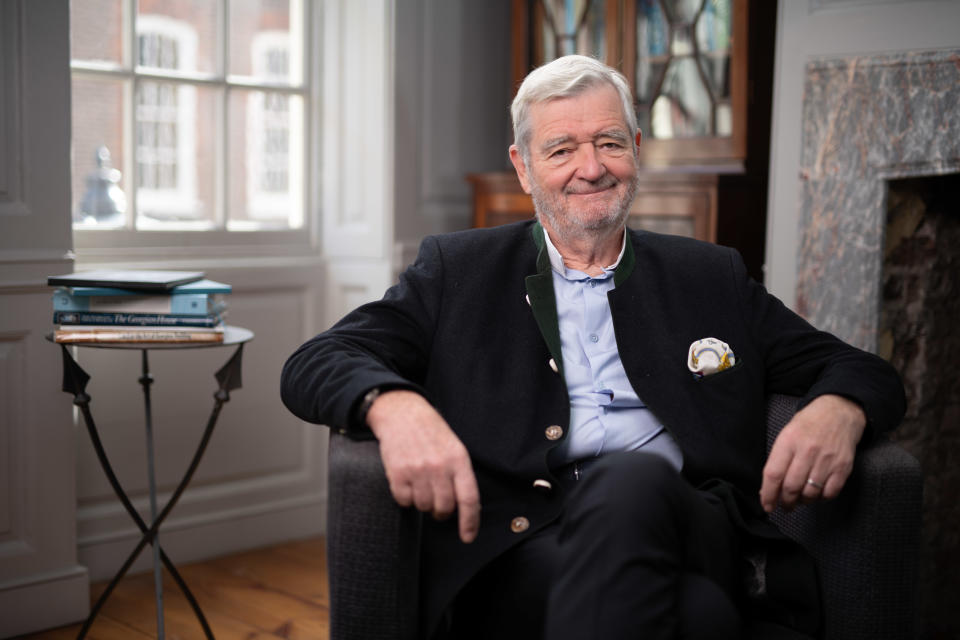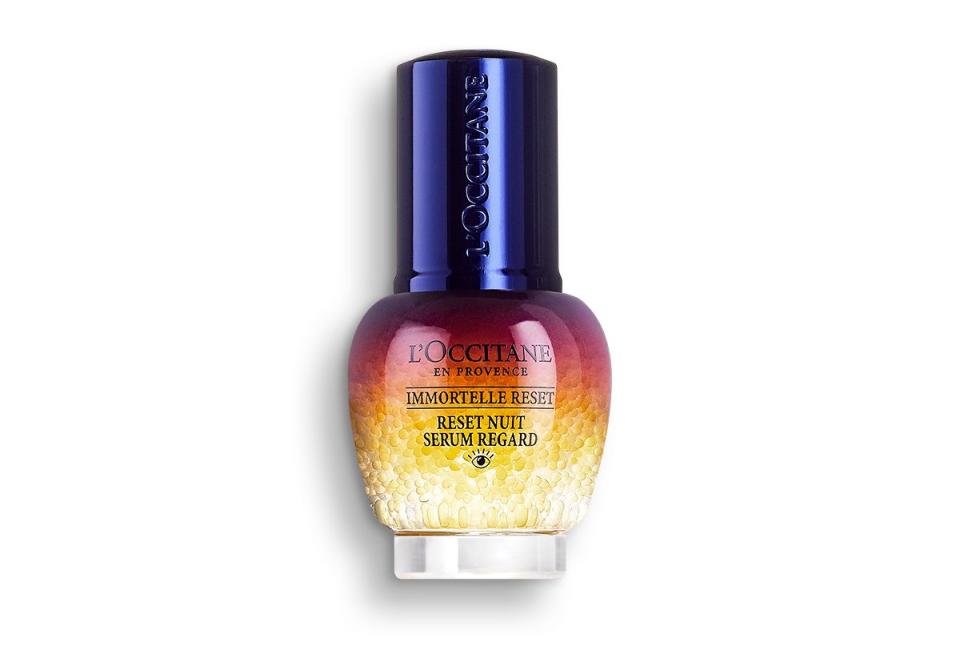L’Occitane Plans to Go Private

After months of speculation, L’Occitane on Monday confirmed plans to go private.
Reinold Geiger, chairman and director of the company, and his partners through investment holding company Groupe L’Occitane SA, have offered to acquire all the shares of the group that they do not already hold for about 1.7 billion euros. Their intent is to delist L’Occitane from the Hong Kong Stock Exchange.
More from WWD
The move is countercurrent to some other beauty companies’ strategies, with Puig’s initial public offering slated for Friday, and Galderma in Switzerland and Douglas in Germany floating in March.
Geiger and his partners in L’Occitane currently hold 72.64 percent of the issued and outstanding company shares.
“The rationale is to allow the current management team, which would remain in place, to continue operations of the company’s business as it is and invest in long-term sustainable growth initiatives as a privately held company,” the group said in a statement Monday afternoon.
Geiger has offered 34 Hong Kong dollars, or $4.34, per share in cash, valuing the company at about $6.4 billion. The transaction is to be backed by both external debt facilities from Crédit Agricole Corporate and Investment Bank, with additional financing capital from funds managed by Blackstone Inc. and its affiliates and Goldman Sachs Asset Management International or its affiliates. The offer is higher than L’Occitane’s highest closing price of 33.60 Hong Kong dollars per share since the group went public in 2010.
It also represents a premium of about 30.77 percent over the closing price of 26 Hong Kong dollars on Feb. 5, the last trading day of the company before news leaked of talks taking place to possibly take it private.

L’Occitane halted trading on April 9. The stock closed at 29.50 Hong Kong dollars a day earlier, which valued it around 43.5 billion Hong Kong dollars.
“A combination of industry dynamics and pressures of operating as a listed company underlies the rationale for the transaction,” L’Occitane said. “Offerer believes that, in order to maintain and invigorate the respective market shares of the company’s brands in an increasingly competitive environment, significant further investment in marketing, store refurbishment, IT infrastructure and attracting talent are of vital importance. These investments would entail incurring more expenses in order to lay the foundation for longer-term growth.”
What’s become a cautionary tale is another leading beauty retailer, The Body Shop, which failed to keep its market share amid the beauty market’s staunch competition and today is being dismembered in markets around the world.
L’Occitane said going private allows it greater flexibility to pursue investments and more efficiently implement strategies.
“This flexibility is particularly important because competition in the global skin care and cosmetics industry continues to intensify with the entry of new international and local brands,” L’Occitane said.
“Our family has always taken a responsible, long-term view when it comes to developing our company,” Geiger said in the statement. “The cosmetics sector is undergoing profound changes, and our company has significantly transformed into a geographically balanced multibrand group, marked by strategic acquisitions such as Elemis, Sol de Janeiro and, most recently, Dr. Vranjes Firenze. The transaction we are launching today will enable us to focus on rebuilding the foundation for the long-term sustainable growth of our company.”
The timing of the offer will be revealed at a later date.
Geiger had been mulling a move to take the company private since last July. He first became a minority shareholder in the company in 1994 and later became instrumental in orchestrating L’Occitane’s global expansion, especially in the Asian markets.
The company’s portfolio also includes L’Occitane en Provence; L’Occitane au Brésil; France’s Melvita; South Korea’s Erborian; American brand LimeLife by Alcone, and the group’s beauty start-up Duolab, which was launched in early 2020.

Last August, Geiger told investors that he was considering potential buyout deals that would value the company at no less than 26 Hong Kong dollars a share. In September, Geiger told investors he had opted out of a deal from L’Occitane Groupe SA to privatize the company, causing a decline in shares.
L’Occitane en Provence was founded in 1976 by Olivier Baussan, an entrepreneur from Manosque, France, 50 miles north of Marseille, who set up a small fragrance and soap facility with $4,000. In 1994, Geiger became a minority shareholder in L’Occitane before taking it over in 1996, when he became the group’s chairman.
Today, L’Occitane counts more than 3,000 doors in 90-plus countries. In its most recent full fiscal year, ended March 31, 2023, the company registered sales of 2.13 billon euros, up 19.8 percent versus the same prior-year period. Company profits were 118.2 million euros, down 51.1 percent.
The delisting will end L’Occitane’s 14-year run on the Hong Kong Stock Exchange and be among the biggest in the market. In 2017, Belle International, a Chinese footwear company, was taken private in a deal priced at around $5.82 billion.
Among other beauty companies to delist was Groupe Clarins, in France, in 2008. The group’s founding Courtin family, Clarins’ majority shareholder, at that time announced an offer worth 814.2 million euros for the company, which had gone public in 1984.
Christian Courtin, then president of the company’s supervisory board, said: “The market is short-time, sometimes even very short-term. The vision for our strategy for the group is more mid- and long-term.”
Best of WWD

 Yahoo Finance
Yahoo Finance 